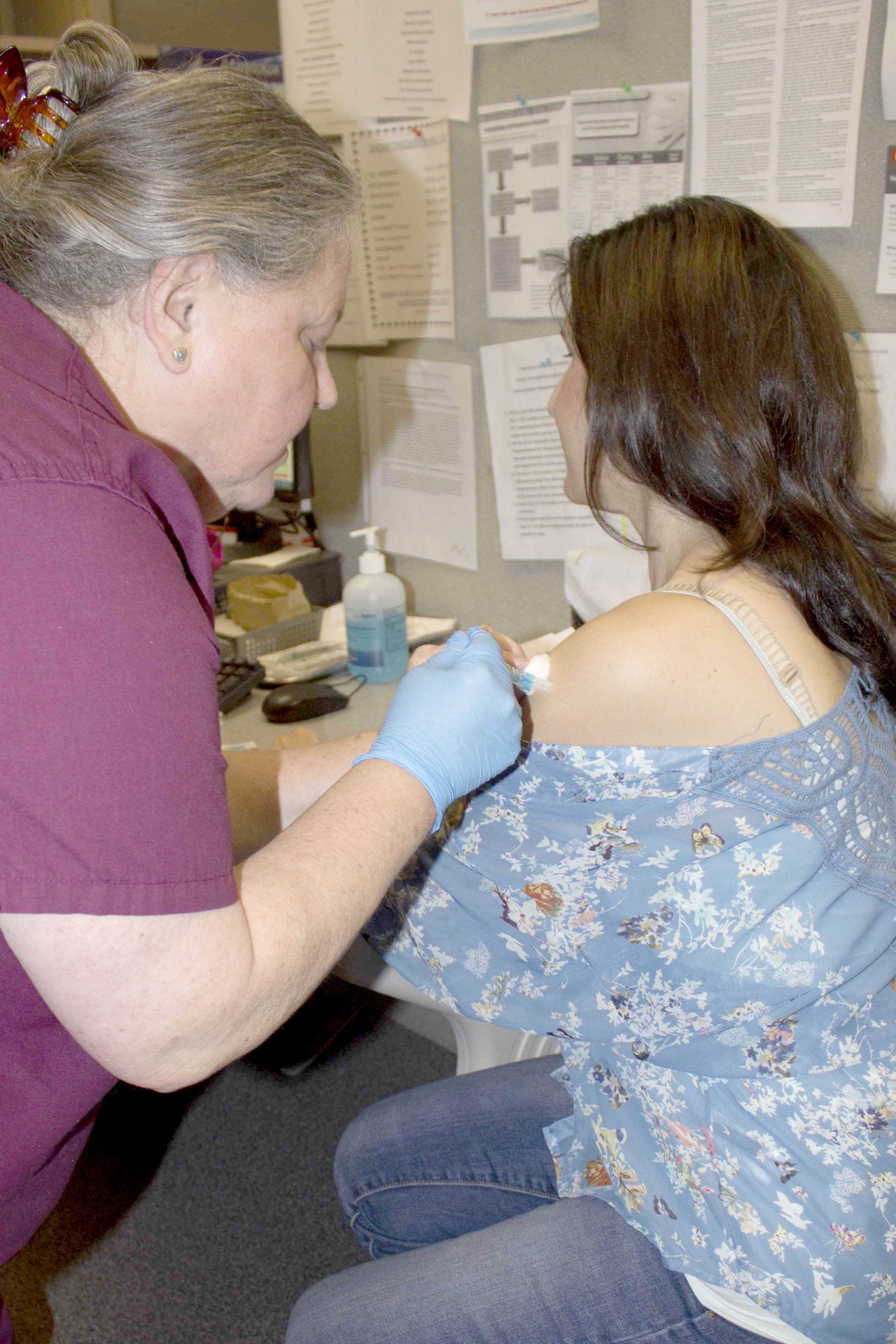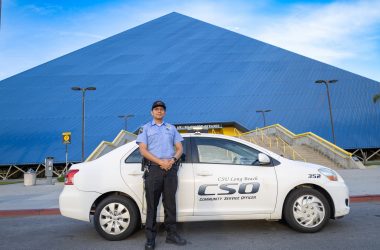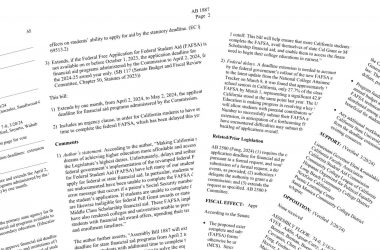Cal State University Long Beach students are required to show proof of immunization; failure to do so will result in a hold on their registration, according to Student Health Services.
“We believe that we give students a very generous amount of time to show proof of immunization,” Angela Girard, associate director at Student Health Services, said. “If they don’t and we end up with an outbreak, that could lead to a huge public issue affecting many students, staff, and faculty.”
CSULB Student Health Services requires all students to show proof of measles, mumps, rubella (MMR) and hepatitis B vaccinations. Meningitis immunizations are also required for students who live on campus.
Girard said this policy is in place because of incidents like the 18-year-old student from San Diego State University who died from contracting meningitis on Friday, which was reported by CNN.
“We get a big rush of students pleading to please lift holds, but we can’t do that because of issues that happen such as in San Diego State,” said Girard. “We have the well-being of all the students in mind.”
Immunizations are available at the SHS for a fee. Measles/Mumps (MMR) vaccination costs $57.50, Hepatitis B (3 shot series) are $35.25 each and Meningitis vaccine is $113, according to the SHS website.
In order to clear the immunization requirements, students must obtain a copy of their medical or high school record showing when they received shots or obtain a copy of their medical record of blood tests showing immunity, according to the SHS website.
If students don’t have any proof, the SHS also offers titers, which is a blood test that shows immunity, Girard said.
Girard said that it’s assumed that students who attended a California public school have met the immunization requirements for high schools that apply to CSU standards. Students from private schools and transfer students must provide proof of immunizations.
Letters and emails are sent to housing students before they move into their dorms regarding the need to show proof of meningitis immunization, Girard said.
“They really should’ve shown proof by now, but I just heard we have at least 500 students who haven’t shown proof yet,” Girard said.
Meningococcal vaccination protects against meningitis, a disease that severely infects the brain and spinal cord. Symptoms develop three to seven days after exposure. Symptoms include fever, headache, stiff neck, nausea and vomiting, according to the Center for Disease Control and Prevention.
The MMR vaccine protects against the three airborne diseases that cause rashes, fevers, muscle pain and swollen glands. These childhood diseases may then lead to pneumonia, deafness, birth defects and even death, according to the CDC.
Hepatitis B strikes the liver and spreads through bodily fluids. Symptoms include fever, fatigue, lack of appetite and can lead to death. The vaccination has been shown to be safe and effective in providing protective immunity through a series of three shots given over a four to six month period, according to the SHS website.
Girard said that immunizations are often neglected due to a student’s lifestyle.
“I can imagine that academics are on the forefront of students’ minds,” Girard said. “You guys are here to get your degrees, you’re working, dealing with stress; so other than an occasional cold or flu that brings you to a doctor’s office, you probably aren’t thinking about vaccines.”




